Effective Ways to Add Extra Nutrition to Your Food
Reviewed by: Dr .P Sri Kedara Surya | Author: Manoja Kalakanti
Nutrient-rich foods are healthy foods to eat every day. They are high in vitamins and minerals while low in calories. Micronutrients are sources of vitamins and minerals that your body requires. They nourish your body and aid in your overall health. Getting more nutrients in your diet does not require stockpiling supplements; what you eat and how you cook also play a significant role.
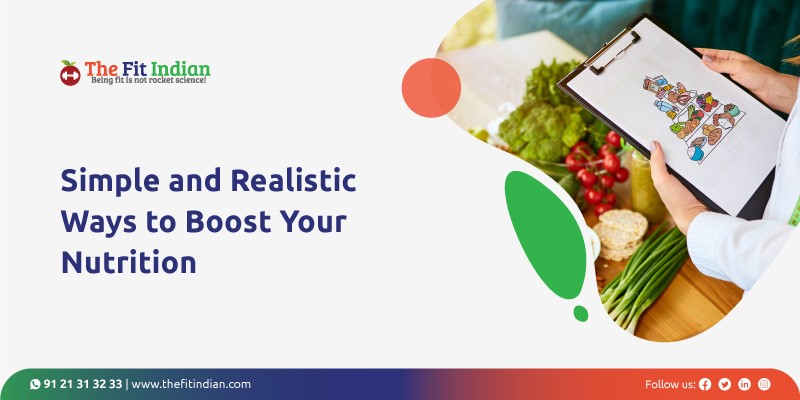
Healthy eating habits full of nutrient-dense foods can be as simple as being mindful of a few specific nutrients. Carbohydrates, protein, fats, vitamins, minerals, and water are the six essential nutrients. Why are these nutrients so important? Because your body cannot produce them, you must obtain them from your foods. Your body cannot function properly if it lacks essential nutrients.
Why are Nutrients Necessary for the Body?
Nutrients are required for critical biochemical reactions within the body that are necessary for our health and well-being. Our bodies run on a combination of micronutrients, macronutrients, and water.
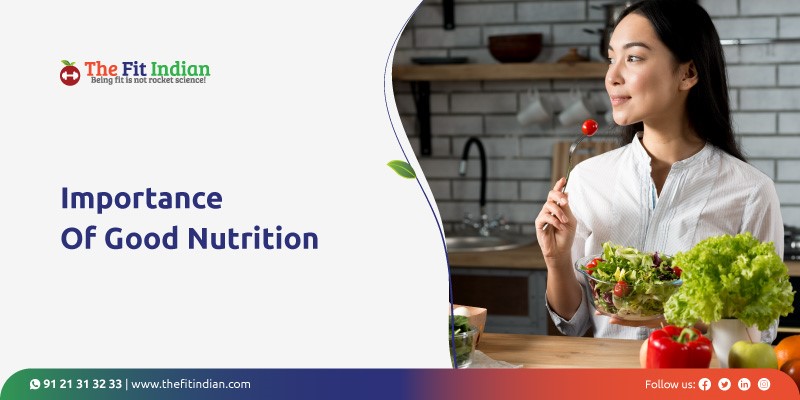
We nourish our bodies through a healthy eating diet, providing calcium to our bones to keep them strong, protein to our muscles, and vitamins and minerals to our organs from fruits and vegetables. Our organs, including the heart, brain, liver, kidneys, and thyroid, require nutrients.
Factors That Can Negatively Affect Nutrient Absorption
Numerous factors can reduce the nutrients found in foods. Among these elements are various factors, including gastrointestinal issues such as IBS and coeliac disease and a diet rich in sugar and processed foods, negatively impacting our bodies’ digestion and nutritional absorption of foods.
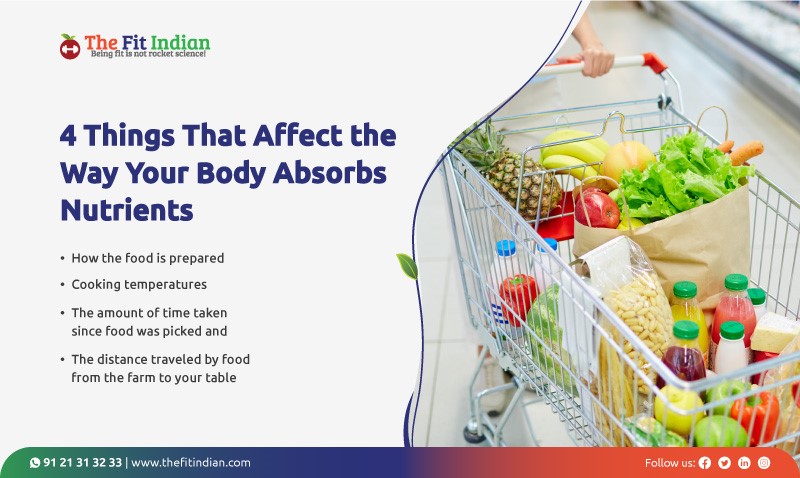
Here are some factors including:
- How the food is prepared
- Cooking temperatures
- The amount of time taken since food was picked and
- The distance traveled by food from the farm to your table
Foods That Boost Your Nutrition
The way we plan, store, and buy food has the potential to improve a healthy diet. You can eat the most nutritious and hearty diet globally, but if you don’t absorb the nutrients in your food, they won’t help you.
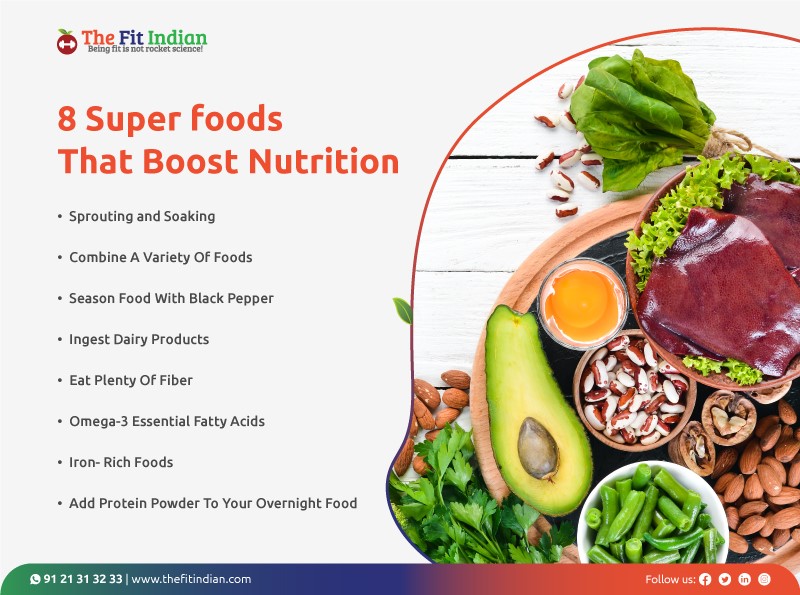
Making dietary changes is one of the simplest ways to manage and control your health. However, there are some simple ways to ensure further that you get the most out of the fantastic foods you put into your body. Here are some healthy eating tips for increasing your nutrient intake without changing your diet.
Sprouting and Soaking
Soaking whole grains, legumes, nuts, and seeds overnight increases the bioavailability of nutrients in your food. It activates plant enzymes, making them easier to digest and enhancing nutrient absorption. Soaking crumbs naturally occurring anti-nutrients in these foods, such as phytates and lectins, inhibit nutrient absorption.
Combine A Variety of Foods
Include a variety of colorful foods in your meals to get various nutrients, such as a salad with roast vegetables or brown fried rice with carrots, greens, capsicum, zucchini, and celery. Switching up your greens will provide you with different nutritional profiles and better absorption of those nutrients.
Season Food with Black Pepper
Piperine, an ingredient in black pepper, stimulates digestion and increases nutrient uptake, including beta-carotene, coenzyme Q10, and selenium. In Ayurvedic medicine, black pepper boosts appetite and nutrient absorption. In addition, it increases our hunger and converts complex nutrients into a more easily digestible form.
Ingest Dairy Products
Unless you’re allergic to milk, milk should be a regular part of your diet. Dairy products are essential for bone density development and maintenance. It also contains potassium, phosphorus, and vitamins. One pint of milk per day is usually sufficient to meet an adult’s calcium needs and can be consumed with any meal.
- Eat Plenty of Fiber
- Fiber is yet another essential nutritional food that you can include in your diet. High-fiber foods include:
- Wholegrain breakfast cereals, whole-wheat pasta, brown rice, and rye
- Fruits such as berries and oranges
- Vegetables such as broccoli and potatoes with skin
- Peas, chickpeas, and lentils
- Nuts and seeds
- Omega-3 Essential Fatty Acids
If you are burning calories or getting in shape, you still need to consume the recommended amount of healthy fats. In this case, Omega-3 fatty acid consumption is critical. Nuts, fish, and leafy vegetables are excellent sources to add to your diet.
Iron Rich Foods
Iron-rich foods in your diet help you carry oxygen to your muscles and cells, helping you to burn fat. Iron is found in various foods, including beets, dried fruits, and prawns. If you have an iron deficiency in your diet, it is assumed that you still lack proper nutrition and nutritional food. Among the iron sources are:
- Lentils
- Soybeans
- Chickpeas
- Potatoes
- Swiss chard
- Nuts
- Seeds
- Dried fruit
- Spirulina
Add Protein Powder to Your Overnight Food
Add nutrition to your overnight food with a little extra effort. For breakfast, mix a scoop of protein powder into your overnight food. Protein is a necessary building block for hair, skin, and nails and for constructing and repairing lean muscle tissue after a strenuous workout. Most importantly, protein helps prevent an insulin spike, keeping your blood sugar stable and fuller for longer between meals.
These are some of the most nutritious foods to include in your diet, and the importance of eating healthy foods. You can ensure a happy and healthy lifestyle by consuming such nutrients.
Healthy Nutritious Diet Plan to Add Extra Nutrition to Your Diet
Nutritional foods are intended to make an already healthy diet even healthier. Take this healthy eating diet to heart and incorporate them into your diet, but also make the necessary dietary changes to maximize their impact.
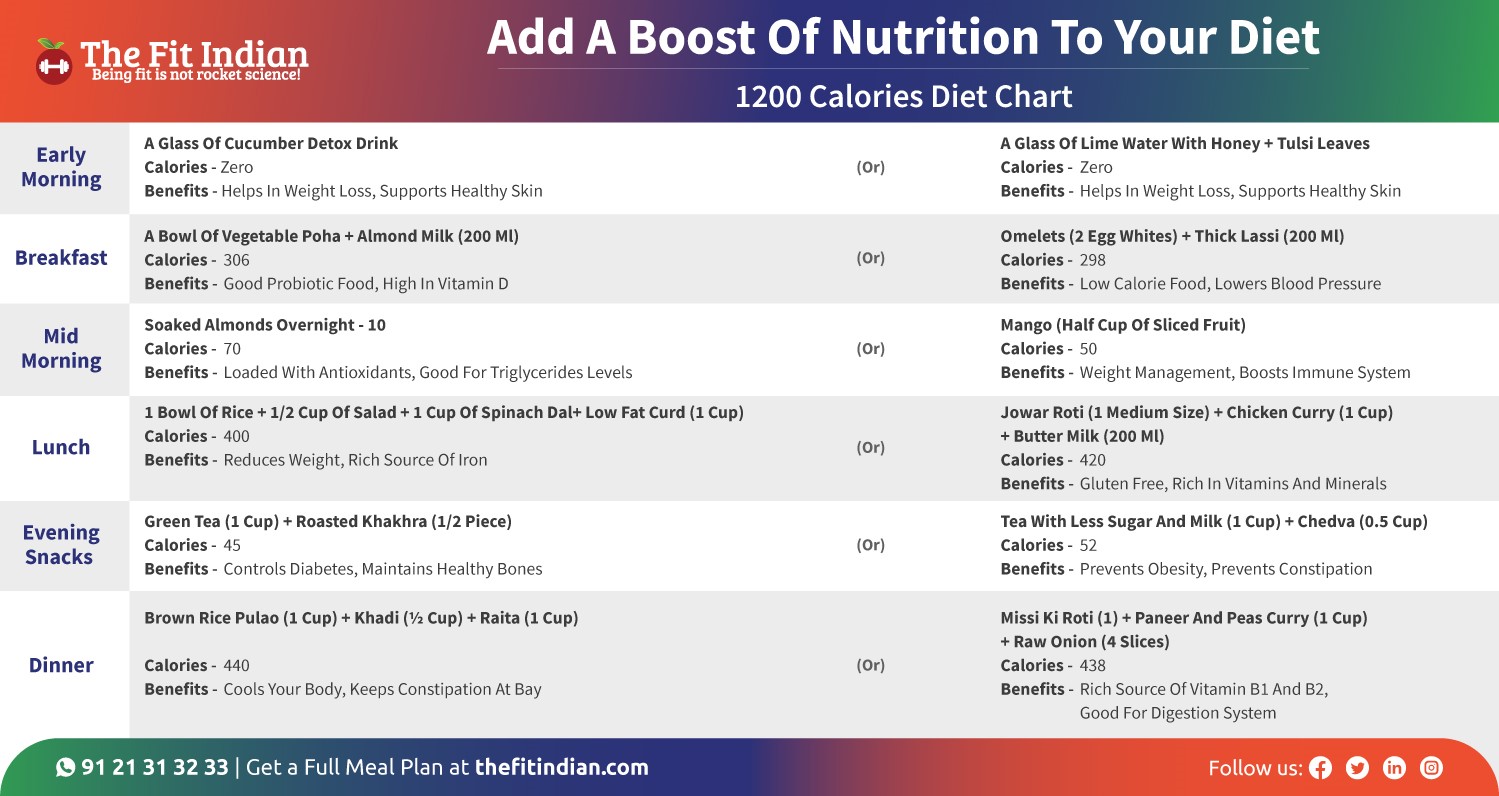
Eating healthily can be challenging, but with these remarkable ways to add more nourishment to your diet, your body will receive the nutrition it requires!
Benefits Of Adding Extra Nutritious Diet
Do you have any favorite healthy meal additions that add protein or vitamins to your favorite dishes? Healthy eating also entails replacing more nutritious foods with those that encompass trans fats, added salt, and sugar.
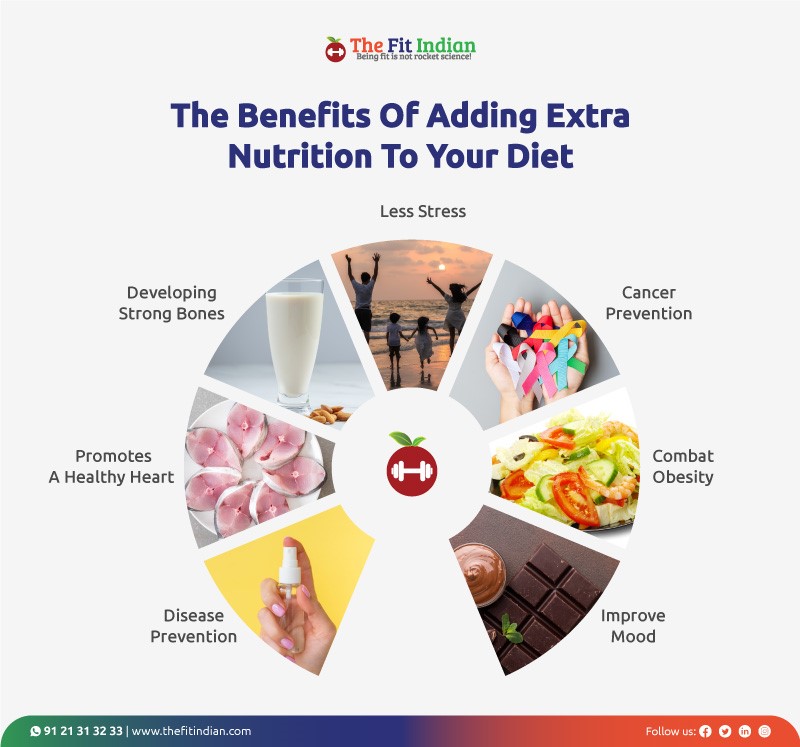
A proper nutritious diet has numerous health benefits, including
- Developing strong bones
- Promotes a healthy heart
- Disease prevention
- Improve mood
- Less Stress
- Cancer prevention
- Combat Obesity
Our Take
Offering delicious meals and snacks is more important than providing a well-balanced diet for your family. Don’t get stuck in a rut of the same old. Stepping outside of your comfort zone can increase your interest in healthy eating. Still, it can also provide vitamins, minerals, and nutrients that you may be lacking, thereby improving your health!
FAQ’s
Why should we eat healthy food?
Healthy eating habits aid in maintaining your body’s daily functions, promote optimal body weight, and aid in disease prevention.
How to eat healthy food every day?
Consuming foods like olive oil, nuts, and berries can help people reduce their risk of developing certain chronic conditions. A healthy diet that contains all food types can assist a person in increasing their intake of essential nutrients.
What is healthy eating?
To achieve and maintain a healthy body, healthy eating involves eating a wide variety of foods in the proper proportions and consuming the appropriate amount of food and drink.
What to eat for a healthy liver?
Eating a well-balanced diet that includes fruits and vegetables, meat and beans, milk, and oil. Oatmeal and grains, which are high in fiber, can help improve liver function.
What to eat for healthy lungs?
Eating an antioxidant-rich diet can help you avoid and recover from chronic diseases like lung disease. Consume fruits and vegetables, whole grains over refined grains, drink plenty of water and avoid processed foods to maintain your lung health.
What to eat for healthy skin?
Fruits and vegetables are high in antioxidants, which help protect the skin from cellular damage caused by free radicals. Avocados are high in vitamins A, D, and E and omega-9 fatty acids are one of the building blocks of healthy skin.
Is eating chicken daily healthy?
Chicken is an excellent source of protein for a variety of reasons. Consuming chicken can help to build stronger muscles and promote healthier bones, lowering the risk of injuries and diseases like osteoporosis.
Is eating cheese healthy?
Yes. Cheese is rich in nutrients such as calcium, protein, phosphorus, zinc, vitamin A, and vitamin B12. It is essential for bone and tooth health, blood clotting, wound healing, and maintaining normal blood pressure.
Is eating raw eggs healthy?
Yes. Eggs are high in protein, good fats, vitamins, minerals, and antioxidants, which protect your eyes, brain, and heart.
Can you lose weight with healthy eating?
Yes, eating healthy is an easy and effective way to lose weight and improve your overall health.

Manoja Kalakanti